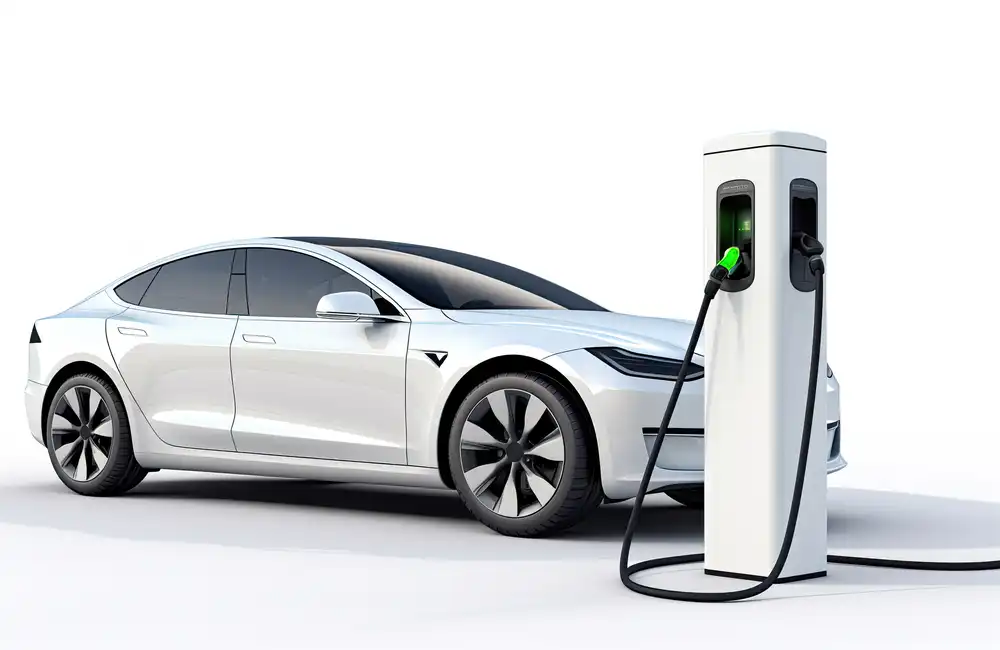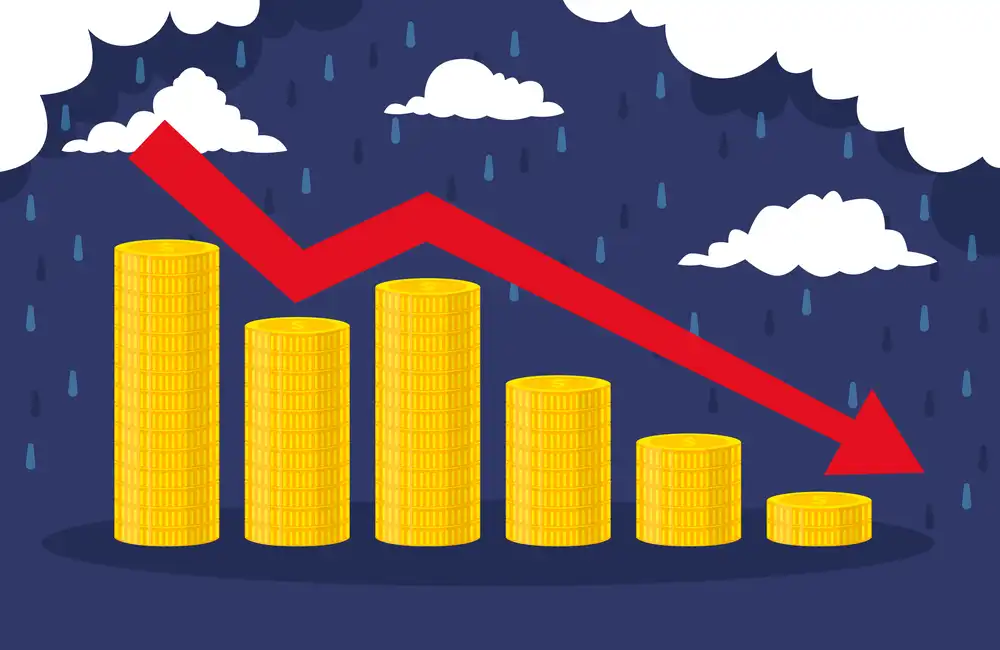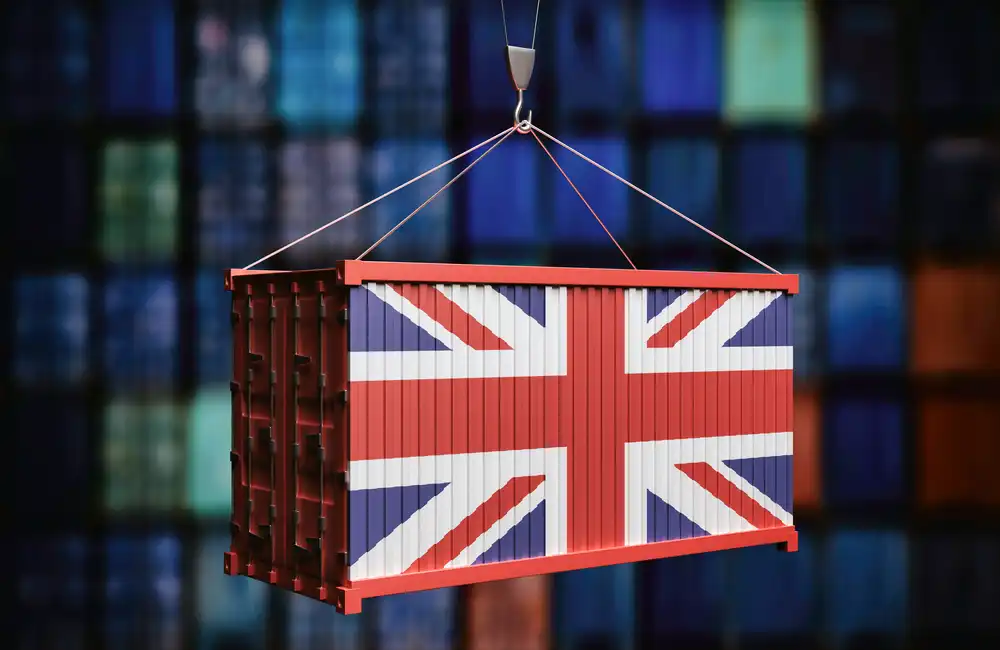The potential alterations to carbon border levy regulations may result in small producers receiving exemptions which would affect both UK exporters and trade expenses
The EU's executive body reportedly plans to exclude most companies that produce less than 1% of carbon dioxide emissions from participating in the new Carbon Border Adjustment Mechanism (CBAM). The draft proposal, which Reuters first reported, intends to lessen administrative burdens on small enterprises while continuing to tackle carbon leakage issues in the region.
The Latest CBAM Draft Proposal Seeks to Reduce Regulatory Demands for Smaller Businesses
Brussels considers exemptions from CBAM requirements for companies that generate minimal emissions once the levy becomes fully operational in 2026, according to proposal insiders. The proposed changes would remove strict monitoring and reporting requirements for smaller importers and foreign manufacturers who have limited carbon emissions. The Commission intends to streamline the administration process by focusing efforts on major emitters while maintaining the system's effectiveness.
The European Commission plans to use emissions-based thresholds to grant exemptions despite the lack of finalized, precise criteria. According to sources speaking with Reuters, firms that contribute less than 1% of emissions in crucial sectors like steel manufacturing, aluminium production, fertiliser production, and cement production could be exempt from compliance requirements.
Levy to Transition to Mass-Based Approach
The Carbon Border Adjustment Mechanism (CBAM), launching in 2026, will enforce a carbon border levy that aligns the expenses of carbon-heavy imports with the costs of similar products originating from EU production facilities. Beginning in 2026, the levy system will probably transition to measuring carbon emissions based on weight of production output rather than the monetary worth of products. The shift to a mass-based calculation addresses worries that current value-based charges unfairly target industries with low profit margins and enable evasion through complex supply chains.
Industry players have debated this matter, while EU trade policy experts acknowledged that although a mass-based system could offer more equitable outcomes, it also creates monitoring challenges for importers handling multiple products.
Industry Concerns Over Administrative Complexity
Energy-intensive industries including steel and cement suppliers have shown concern about the changes to the CBAM framework. Large-scale importers face substantial administrative challenges in complying with the scheme because of detailed emissions reporting demands, even though smaller firms have exemptions. Eurofer warns that excessive bureaucracy during the CBAM transition could diminish its effectiveness for industries under existing competitive pressures.
UK exporters share these concerns because they risk trade and policy alignment issues if the CBAM regulations do not align with the UK's domestic policies. British companies that export to the EU could encounter higher operational expenses due to new emissions certification demands. Cross-border trade faces competitive imbalances when policies are not mirrored between trading partners.
The UK Trade Costs Implications and the Impact of Carbon Pricing
British exporters need to deal with CBAM challenges that extend beyond regulatory compliance to include financial burdens. Exporters face double taxation because of the disparity between EU and UK carbon pricing frameworks. Michael Halle from London advised that British exporters of steel and other products to the EU risk increased costs without government coordination with Brussels on CBAM-equivalent measures.
Stakeholders express worries about protecting themselves from anticipated future carbon pricing expenses. Supply chain managers will face increasing challenges in managing risks associated with the unpredictable nature of carbon pricing, especially in sectors that import intermediate goods for additional processing.
Potential Consequences for UK Supply Chains and Policy Synchronisation
The EU trade policy has taken a significant step forward through the proposed CBAM exemptions, which reduce administrative demands on smaller businesses while focusing on bigger polluters. The mechanism has significant effects that reach beyond the European Union’s boundaries. UK exporters must align their practices with EU regulations to control compliance expenses and sustain smooth access to the single market.
UK businesses must closely monitor changes in Brussels because new carbon border levy rules will impact their supply chain strategies and carbon offsetting requirements. UK government collaboration with EU regulators can minimise trade disruptions while extending competitive advantages to UK exporters dealing with CBAM standards.




















